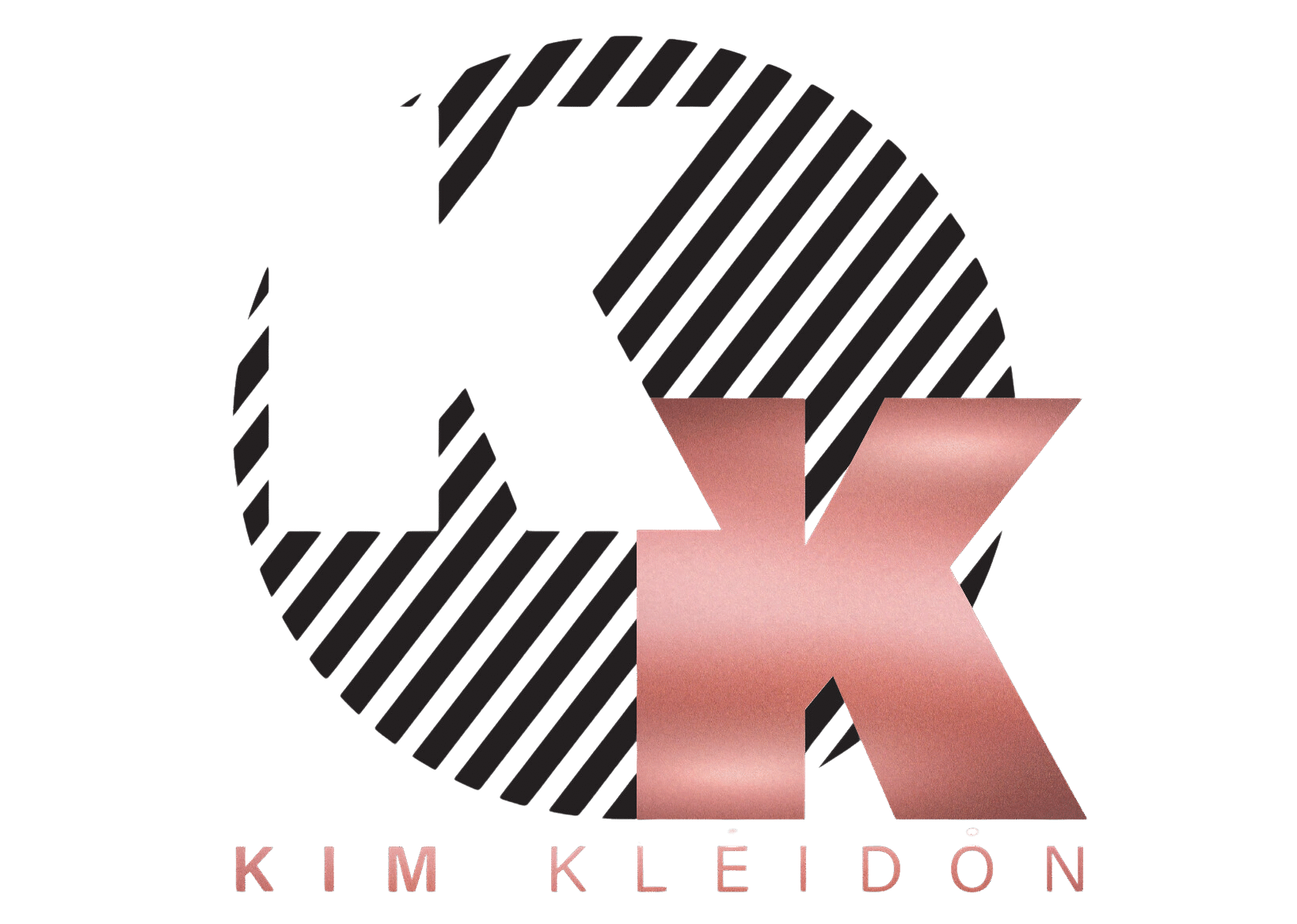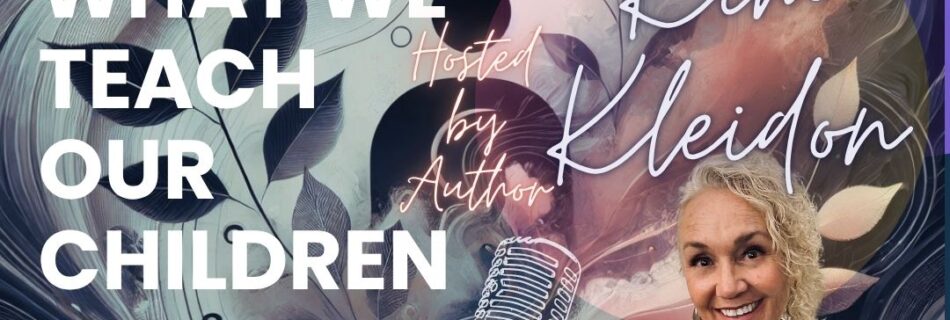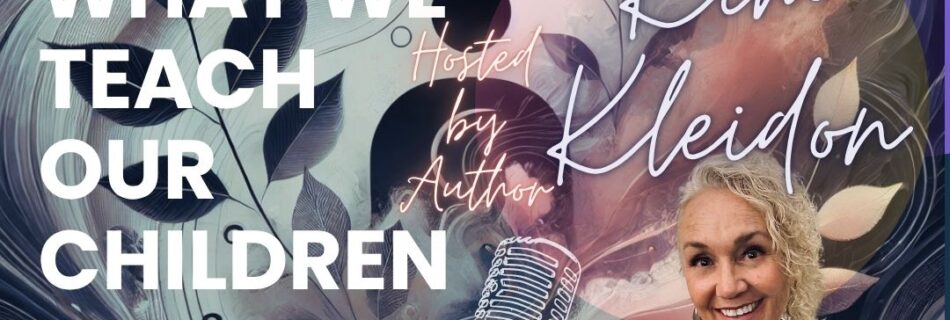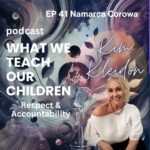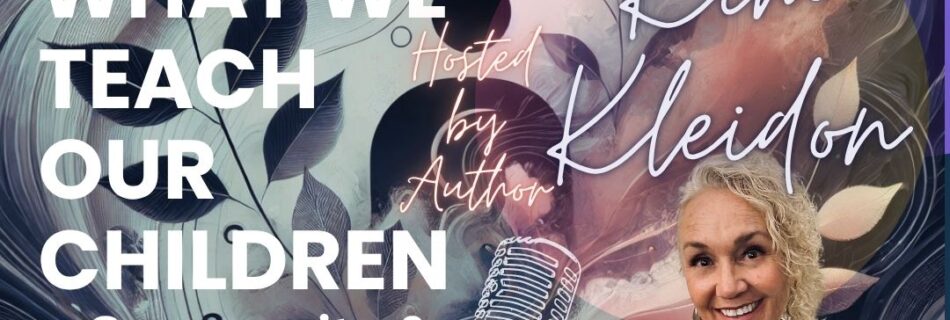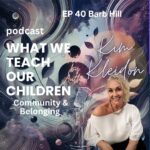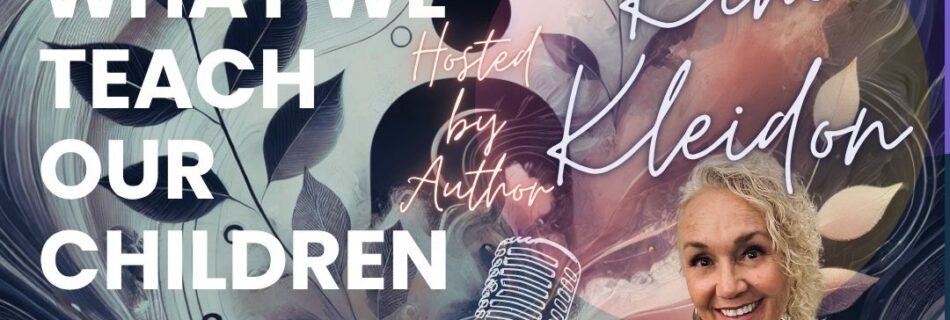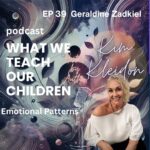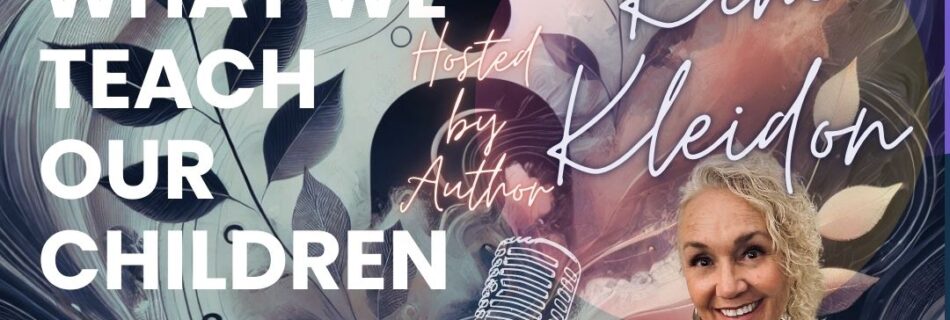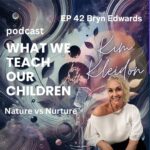
“We’re not in a mental health crisis at the moment – it’s an emotional health crisis…”
This statement stopped me in my tracks. As I thought about what I was hearing it started to make sense – emotional dysregulation is a symptom of many mental health conditions, and whilst emotional and mental health are closely related, they are distinctly different.
Mental health encompasses cognitive functions – how we think, learn, and cope with stress. Emotional health focuses on our ability to comprehend, manage, and express feelings in a healthy way. If we haven’t been shown how to regulate our emotions, could that be interpreted as a mental health issue?
According to Organisational Psychologist, Bryn Edwards, our lives are increasingly rationalised, intellectualised, and analysed. He believes we’ve been taught to think, analyse, and reframe when confronted with emotional disruptions or feelings – trying to think and talk our way out of feelings isn’t a long-term strategy.
“We’ve all got baggage. We’ve all had things happen early in life that left a mark. And if we never learned how to move through those experiences properly, we carry them. They don’t go away. They just wait. And then they show up — at work, at home, under pressure. That 8-year-old, 12-year-old part of us starts driving the bus. We react, we shut down, we wonder “Who even am I right now?”
In this episode Organisational Psychologist, Bryn Edwards, delivers an uncomfortable truth about the fragility of our being.
*This podcast is recorded for educational and inspirational purposes only. The information provided in these stories does not constitute professional legal, medical, or business advice.
Discover more:
Website:
https://wisdominyourlife.com.au/
Socials:
Linkedin
Connect with me
If you care about creating a better future for humanity and want to belong in a movement for change, join What We Teach Our Children community, by subscribing on my website and following me – Kim Kleidon on LinkedIn or Instagram and WWTOC on Facebook or Instagram for updates and new releases.
Together, we can be the change we want to see in the world — one story at a time.
